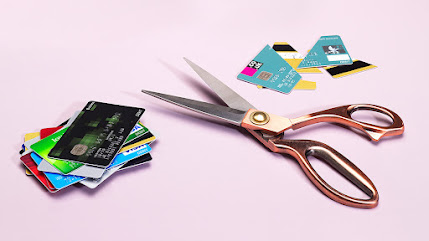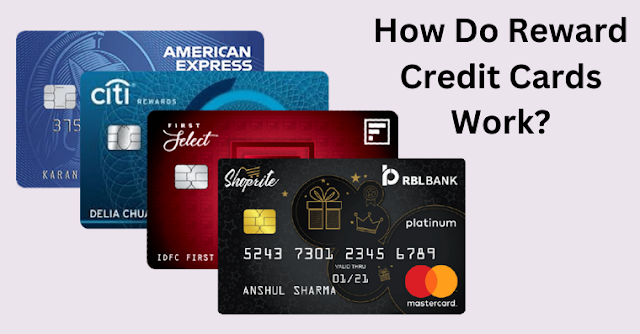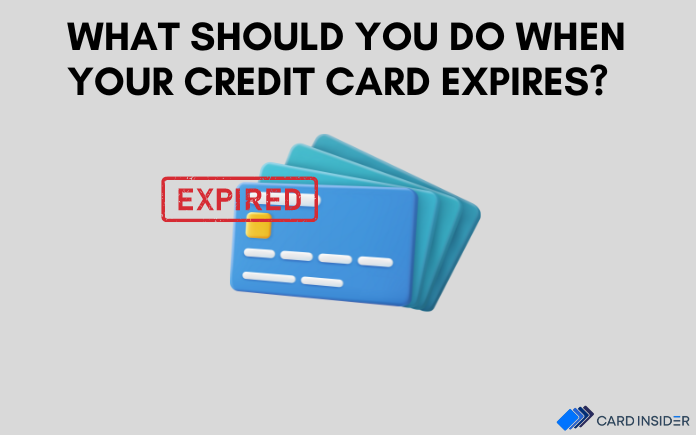How to Escape the Credit Card Debt Trap?
Introduction
Credit cards can be incredibly convenient, but they can also be a source of financial stress if not used responsibly. Many people fall into the trap of accumulating credit card debt and struggle to pay it off, often paying high-interest charges that only make the problem worse. If you’re looking to escape the credit card debt trap, here are some tips that can help. By following these tips, you can achieve financial freedom and secure your financial future.
Negotiate with creditors
If you’re struggling to make your credit card payments, consider reaching out to your creditors to negotiate a lower interest rate or a more manageable repayment plan. If you are honest with your creditors about your financial condition, many of them are willing to cooperate with you. Through negotiation, you can potentially decrease your interest rate, lower your monthly payments, or even settle your debt for an amount less than what is owed.
Pay more than the minimum payment
One of the biggest mistake people make when it comes to credit card debt is paying only the minimum amount due each month. While it may seem like a small amount, this approach can result in the accumulation of high-interest charges that make it difficult to pay off your debt. To escape the credit card debt trap, it’s important to pay more than the minimum payment each month. By doing so, you’ll be able to pay off your debt faster and save money on interest charges.
Prioritize High-Interest Debt
If you have multiple credit card balances, it’s important to prioritize the debt with the highest interest rate. This will help you to save money on interest charges and make it easier to pay off your debt. To do this, make a list of all your credit card balances and interest rates, and focus on paying off the debt with the highest interest rate first. Once that debt is paid off, move to the next highest interest rate.
Create a budget
To escape the credit card debt trap, it’s more important to have a clear understanding of your income and expenses. This will help you to create a realistic budget that takes into account your debt payment and other financial obligations. To create a budget, start by tracking your expenses for a few months to get an idea of where your money is going. Then, identify areas where you can cut back on spending and put more money toward paying off your credit card debt.
Consider Consolidation
If you have multiple credit card balances, consolidating your debt into a single loan or balance transfer credit card can be a good option. By taking this approach, you can reduce your interest charges and simplify your debt management process, potentially saving you money in the long run. To do this, look for a loan or credit card with a lower interest rate than your current credit cards, and use it to pay off your balances. Just be sure to read the fine print and understand any fees or penalties associated with the consolidation.
Seek Professional Help
If you're unable to manage your credit card debt on your own, consider seeking help from a financial professional. They can provide you with guidance and support to help you escape the credit card debt trap. This might include working with a credit counselor to develop a debt management plan or even filing for bankruptcy in extreme cases.
Conclusion
Credit card debt can be a significant source of financial stress, but it's not impossible to escape the trap. By paying more than the minimum payment, prioritizing high-interest debt, creating a budget, negotiating with creditors, considering consolidation, and seeking professional help, you can take steps towards becoming debt-free. Remember that it may take time and discipline, but with the right approach, you can achieve financial freedom and peace of mind.




Comments
Post a Comment